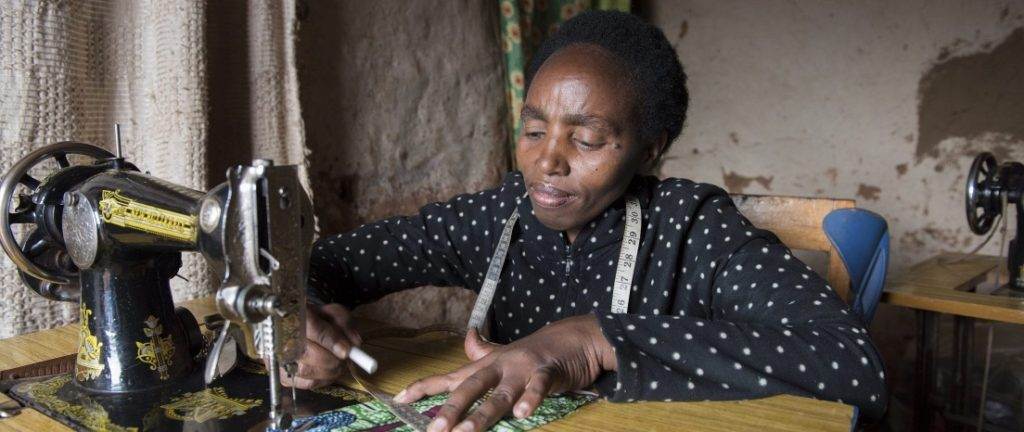Sustainable energy can bring light and hope to the world’s poorest communities. That’s why we’re supporting refugees to access renewable energy so they can rebuild their lives and move away from a reliance on aid.
There is a widely-held misconception that electricity isn’t a priority for refugees– an opinion that is even held by some within the international development community. It’s based on an assumption that refugee camps and settlements are places of temporary shelter. But many people live in them for years – even decades.
That’s why our consultants are challenging this conventional view, laying the foundations for our work with displaced people in Rwanda and Jordan: work that is helping refugees to rebuild their lives and end their reliance on aid.
Refugee communities in Rwanda and Jordan need energy to power their homes, schools and health clinics. Families need it for earning an income, for cooking and studying. Yet, in most refugee camps, electricity is scarce and expensive.
Working in partnership with UNHCR and supported by the IKEA Foundation, we’re helping refugees and their host communities to access training, technology and expertise. As a result, renewable energy is now powering homes, schools and businesses. We aim to expand our work to reach 10,000 people in Irbid, Jordan and 50,000 people in Rwanda’s Kigeme, Nyabiheke, and Gihembe refugee camps.

Chantal has lived at the Gihembe refugee camp since 1997, when she fled violence in the Democratic Republic of the Congo. She sews clothes in a small mud hut using a manual sewing machine. Our work in Rwanda and Jordan is helping entrepreneurs like Chantal use electricity to improve their lives and livelihoods and end their reliance on aid, despite living in refugee camps.
Our work on humanitarian energy, including our continued participation in the Moving Energy Initiative consortium, has been highly influential. It secured commitments from senior sector leaders to the Global Plan of Action for Sustainable Energy Solutions in Situations of Displacement. This plan has been described by energy experts as a “game-changer”. In this way, we’re ensuring our successful approaches are embedded in humanitarian relief around the world and helping hundreds of thousands of refugees to move from reliance on aid to economic independence.
“I believe that if there was electricity in this camp my business would grow. That would mean better opportunities for me and my son. I would be able to pay for him to get a good education and have a brighter future.” Chantal, a tailor in Gihembe refugee camp, Rwanda
Attracting energy talent
Energy experts are in high demand. As a result, development organisations are finding it difficult to recruit and retain experts with the high level of skill and experience needed. This is a challenge for us that has caused staffing gaps, both in our UK consulting team and in our teams in Africa.The work we’re doing on our organisation-wide learning and development plan and new global induction programme will go some way towards making Practical Action a more attractive prospect for potential employees. Our increasingly high profile in the off-grid energy sector will also help bring more energy-skilled professionals through our door.